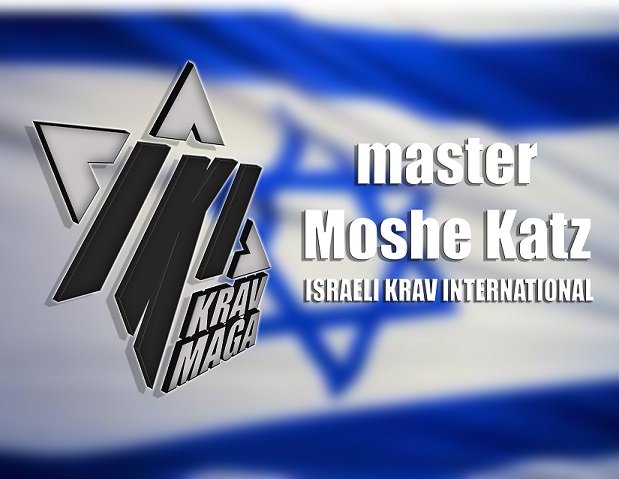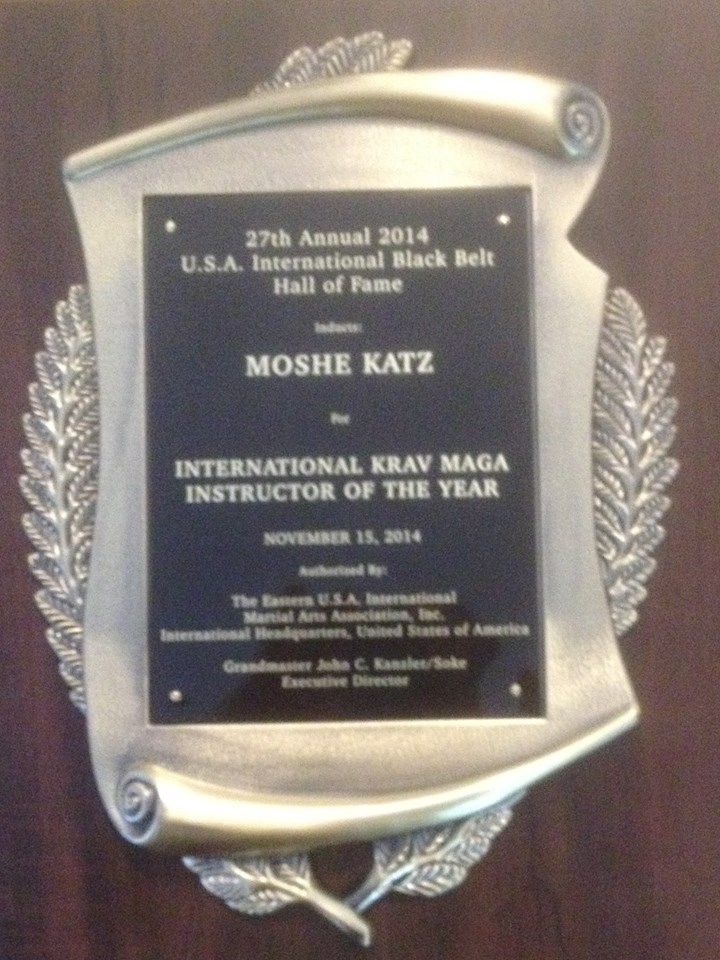- Home
- Krav Maga Blog
- Krav Instructors
- Train in Israel
- Tour Train Israel
- Krav Shop
- DVD
- Kickboxing
- IKI Near Me
- Seminars
- IKI Membership
- On-Line Training
- Krav Maga Training
- Testimonials
- History Krav Maga
- Instructors Page
- Past Blogs
- Spanish
- Italian
- Certification
- Contact
- Holland Seminar
- Vienna Seminar
- Poland Seminar
- Italy Seminar
- Belt Requirements
Your Dojo
By Moshe Katz
CEO
Israeli Krav International
December 23, 2017, Israel
Communism and Socialism have proven to be failures. But you must remember this: they were founded on the most noble of human and divine ideas. They were founded by people who truly felt the suffering of mankind and wanted to do something about it. These were not power hungry people, these who gentle souls who saw how the common man was being abused, taken advantage of, beaten to the ground, powerless.
Karl Marx came from a Jewish family, as such he came from the tradition of the Biblical values of looking out for the stranger, the widow, the orphan. We are admonished to look out for the weaker elements in society and to take care of them. This is part of our culture
וְכִי-יָגוּר אִתְּךָ גֵּר בְּאַרְצְכֶם לֹא תוֹנוּ אֹתוֹ. כְּאֶזְרָח מִכֶּם יִהְיֶה לָכֶם הַגֵּר הַגָּר אִתְּכֶם וְאָהַבְתָּ לוֹ כָּמוֹךָ כִּי-גֵרִים הֱיִיתֶם בְּאֶרֶץ מִצְרָיִם אֲנִי ה' אֱלֹקֵיכֶם"
(ויקרא יט, לג'-לד)
וְגֵר לֹא-תוֹנֶה, וְלֹא תִלְחָצֶנּוּ: כִּי-גֵרִים הֱיִיתֶם, בְּאֶרֶץ מִצְרָיִם. כָּל-אַלְמָנָה וְיָתוֹם, לֹא תְעַנּוּן. אִם-עַנֵּה תְעַנֶּה, אֹתוֹ--כִּי אִם-צָעֹק יִצְעַק אֵלַי, שָׁמֹעַ אֶשְׁמַע צַעֲקָתוֹ
(שמות כב', כ-כב)
"Do not mistreat or oppress an stranger, because you were once strangers in the land of Egypt. You shall not afflict any widow or fatherless child. If you afflict them they will cry out to me I will surely hear their cry." (Exodus, Chapter 22, verse 20-22)
The idea of "All for one and one for all" is an ideal, though rarely achieved. We try to create a society where people not only think of themselves. As the American president once said, Do not ask what your country can do for you, ask what you can do for your country. This is an ideal we strive for.
You can say, well, it cannot be done, but that is not true. We do see some societies where the collective does care about the individual and the individual cares about and contributes to the collective. My community for example, is such a community.
When a woman gives birth there is a committee that takes care of her other children and all food arrangements.
When someone dies, there is a committee that posts notices, sends out e mails, arranges meals, brings in religious articles and arranges prayer services.
When someone needs to go in for surgery, there is a volunteer organization that will provide all you need.
Thus we see that it is doable, if you create the right kind of atmosphere.
I want to apply this lesson to the martial arts training school, commonly known as the dojo.
When I was training with my teacher of many years, Itay Gil, I always felt it was my dojo. If something needed to be done, I did it. If something was broken I would fix it, (if I could), if the shower needed a bathmat, I bought it. I showed up early and swept the floor.
If a new prospective student came in, I greeted him and tried to encourage him to join. Soon people took my time and advice freely. Later on they told me that they had just assumed I was a paid employee. They felt bad realizing later that I was "only" a student, just like them.
So why did I give so much of my time to help the dojo? Why didn't I just have the attitude of , "Hey, I paid, that's enough, now teach me!"
I saw the dojo as providing a service for me, a place to train. I saw the success of the dojo as my success. I needed the dojo and the dojo needed me. That is how it works.
Now I know that these days people look at large organizations, such as banks or insurance companies, and figure, these are wealthy, faceless, anonymous organizations; so what if I take a few dollars?
Some students view their dojo or martial arts association the same way. It is OK to take but they never view the welfare of the school, or association as being of any concern. It is not their dojo, it is just a nameless service provider: I paid my dues, provide me with what I paid for, nothing more, nothing less. There is no concept of community or of contributing to an community. There is no concept of the success of this community is my success.
Now no one is asking students to make "donations" to the dojo but only to feel a sense of participation. If the instructor wrote a book, buy it, give it as a gift. If a new T shirt came out, or if the instructor is hosting a special evening, take an interest.
This is not a supermarket where you just come in, check out on an automatic machine and leave. This is your school. If the school fails you are are out of a place to train. In a sense the dojo is a bit of a commune, and a community, all for one and one for all, not "let me see how much I can take without giving anything back."
Many people view martial arts associations this way; I will squeeze out the maximum benefit for me personally without contributing more than I absolutely must.
I recall my dear father, Rabbi Paul M. Katz of blessed memory, running a synagogue is a very difficult business. People would say, "Rabbi, why should I pay yearly membership dues? I only come here during the major holidays, 3 days per year, I only need you when we have a bar mitzvah or God forbid, a death in the family. I don't need the synagogue that often."
And my dear father would say, "We can't run the synagogue only when you want it. We can't erect a building and maintain it for a few days here and there. When your loved one passed away you wanted someone to speak with, somewhere to pray, we were here as we are for all our people. But the secretary must be paid every month, and the heating bills etc. If you want there to be a synagogue for when you need it, you need to support it year round'.
Truly words of wisdom.
Please take these words to heart.

Visit our other site
Israeli Krav International.com
Like the blogs? Own the books, all blogs now available in "Footsteps from Judea", the collected blogs by Moshe Katz.

Instructor of the year, 2014, and 2010 (Europe). To receive you have to contribute.